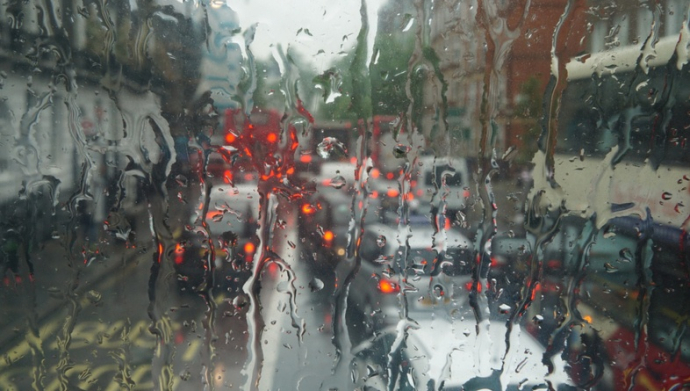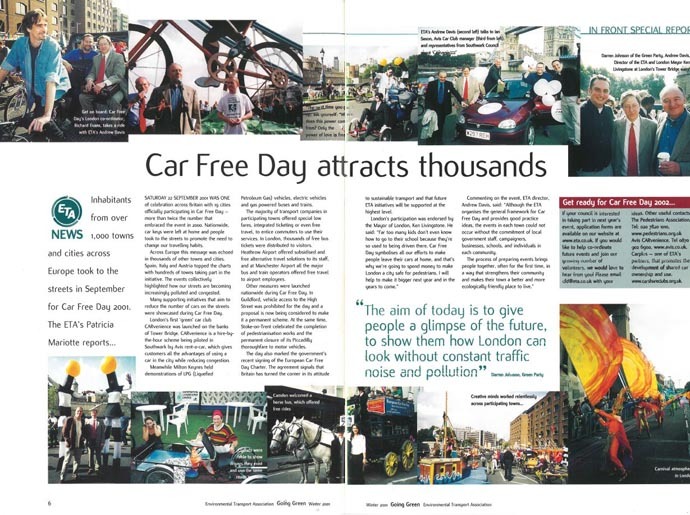
Traffic congestion has returned to pre-pandemic levels as the end of home working and the start of the new school term has led to many thousands once again reaching for their car keys.
Roads in London, Birmingham, Wolverhampton, Nottingham, Leicester and Liverpool are now as busy as they were in 2019.
In other words, it’s back to business as usual; Britain’s polluted air causes 40,000 early deaths a year, with almost one in four of those occurring in London. Globally, air pollution kills over 4 million. Year in. Year out.

The pandemic offered a glimpse of a greener alternative. New York legalised pedelecs up to 20 mph, e-bikes up to 25 mph and electric kick scooters up to 15 mph. The Big Apple has had a fractious relationship with electric two-wheelers over recent years, but New York State Governor Andrew Cuomo acknowledged that cars were paralysing his city and that motoring had to be discouraged, saying: “We need an alternative to automobiles driving in New York City. The volume is paralysing. The cost is prohibitive. It is environmentally destructive.”
Meanwhile here in Britain, local authorities adopted a policy of tactical urbanism. It represented a small step, but traffic levels plummeted. Alongside tranquil streets, air pollution fell to its lowest level in twenty years, so it’s an unfortunate coincidence that congestion has returned to pre-pandemic levels in the month the world celebrates Car Free Day.
Car Free Day 2021

The article above describes Car Free Day in 2001. It was an event that drew support from over 1,000 cities and towns. However, over recent years, the number of British towns staging the annual event to highlight alternatives to car travel has dwindled.
As the organisation that first coordinated the event in Britain, we wrote to over 400 local authorities around Britain some years later to ask if they were planning to support World Car Free Day; only two replied.
Many cities around the world have turned to car-free days in a bid to improve air quality and demonstrate to motorists that they need not be housebound without their car.
A joint inquiry by four committees of MPs described Britain’s air pollution as a “national health emergency” – hardly surprising given the government’s clean air plans have been judged illegal three times in the high court. And the latest proposal, rejected by the high court last year, was condemned as ‘inexcusable’ by doctors.
Car-free days are by no means a panacea, but our country’s reluctance to stage them speaks volumes.
Ethical insurance
Not only are we ethical, we campaign for sustainable transport. Sometimes that means protesting until a school gets the zebra crossing they’ve been refused or running roadshows to encourage people out of their cars, or fixing bicycles for free. We also launched Green Transport Week and helped establish Car Free Day and Twenty’s Plenty to name just a few.
We’ve been campaigning for sustainable transport in this way for over 30 years with the help of people like you. Supporting this work is easy – you simply have to take out cycle insurance or breakdown cover and we take care of the rest. We provide an excellent level of cover while putting concern for the environment at the heart of all we do.
0 Comments View now